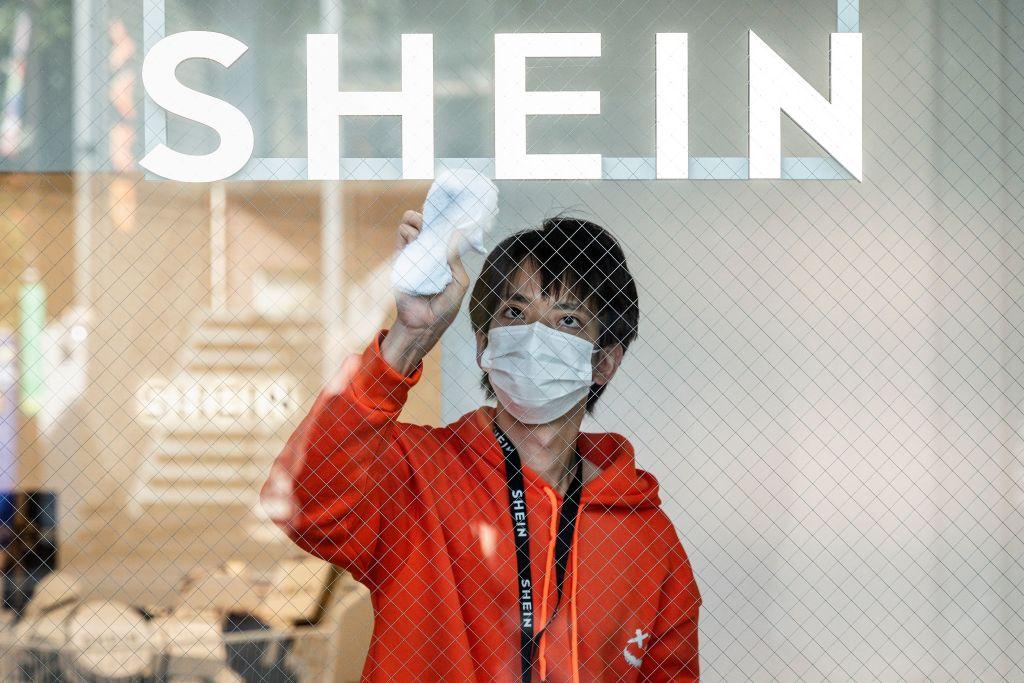A senator is sounding the alarm about China’s fashion retailer Shein, alleging it is using forced labor in its clothing supply chains and is lobbying to dismiss the claim.

President Joe Biden signed the Uyghur Forced Labor Prevention Act into law in December of 2021. The law, which bans imports from China’s Xinjiang region unless the importer can prove that the products were not produced using forced labor, went into effect in June of 2022.
Rubio noted that Shein is one of the largest “fast fashion” retailers in the world, valued at $66 billion. The company churns out over 6,000 new designs on an average day.
Yet, according to the lawmaker: “Shein is able to offer this array of products at rock-bottom prices not because of any particular competitive advantage, but because it steals intellectual property, infringes copyrights, exploits U.S. trade law, and uses fabric linked to Uyghur slave labor.”
The document further raised concern about how Shein had succeeded in avoiding punishment and scrutiny under the UFLPA.
“Shein products have so far avoided punishment and scrutiny. In part, that is because Shein ships small packages direct-to-consumer using a trade loophole known as de minimis entry,” it reads.
The de minimis entry level is the value below which imports are allowed to enter the United States with minimal government review and without duty.
The company has also relocated its headquarters from China to Singapore.
Rubio calls the moves an effort to “protect its tax and trade loopholes.”
Previous Efforts to Address Ties to Slave Labor
In May, a group of U.S. lawmakers called for Chinese fast fashion brand Shein to be investigated over claims of using Uyghur forced labor in part of its supply chain.Twenty Republican and Democratic lawmakers signed the letter, which claimed “credible allegations of using underpaid and forced labor.”
Additionally, it demands that before Shein can be permitted to sell shares in the United States, the Securities and Exchange Commission (SEC) must compel Shein to independently audit and confirm “that the company does not use Uyghur forced labor.”
The letter asks Shein to answer certain questions within 30 days of receipt of the letter, which includes whether the cotton fibers used to manufacture its garments are sourced from Xinjiang; how the firm ensures that garments are produced without forced labor; the number of supplier audits the firm has conducted; and so on.
“Forced labor products, sneaking into America through our lax de minimis laws, should be stopped at the border and never make their way to American shelves. @SHEIN_Official needs to be transparent about the reported ties between their supply chains and Chinese slave labor,” Cassidy said in a tweet on Feb. 9.




